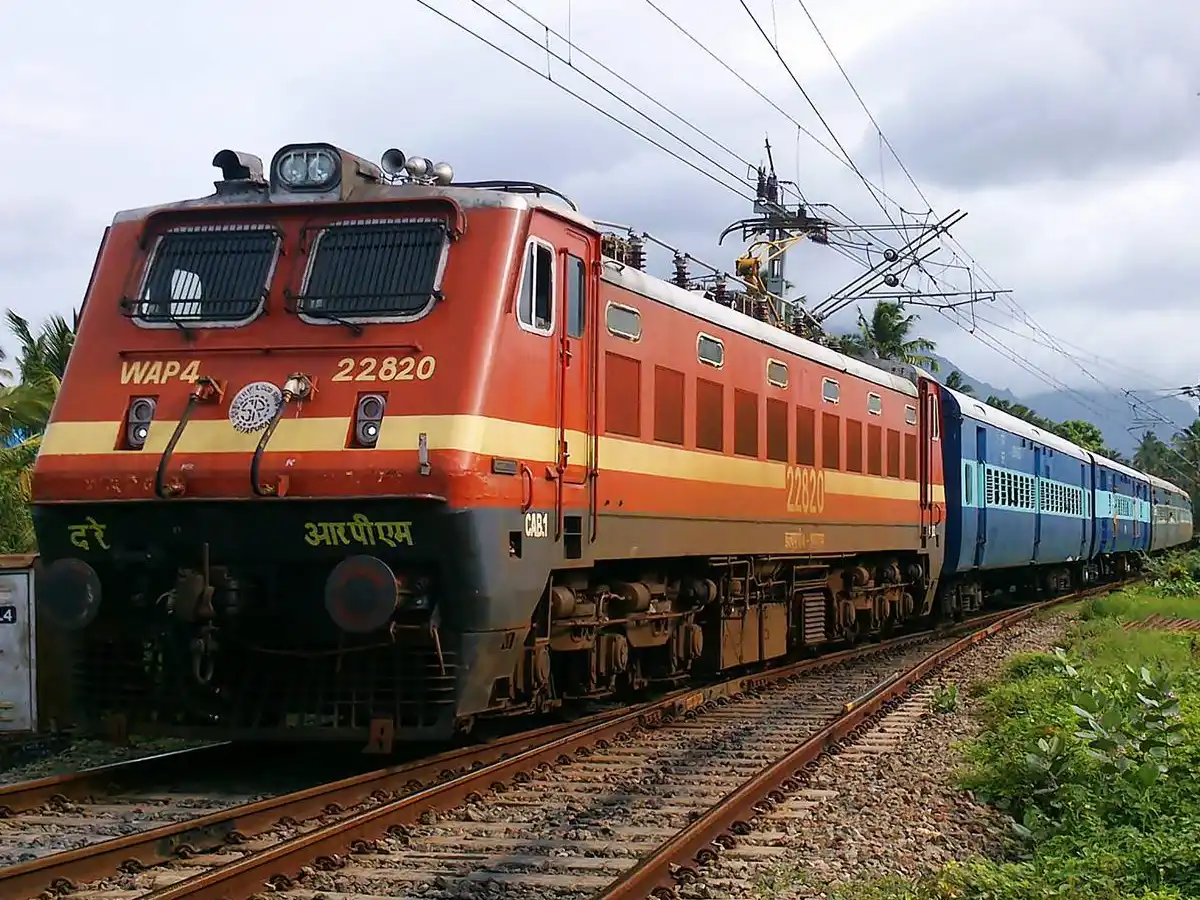New regulation for train bookings: Railways has modified the regulations for booking tickets. Currently, reservations can only be made 60 days in advance of the journey, not 120 days. Orders have been issued by the railways in this matter. Per the directive, the new regulation will be implemented starting on November 1.
It has been specified in the directive that all reservations made up to October 31, 2024 with a 120-day Advance Reservation Period (ARP) will be unaffected.
Nevertheless, cancellations will be permitted for reservations made after the 60-day ARP. That means bookings made 120 days before can be cancelled by the railways after October.
Booking for these trains will remain unaffected
In his October 16 order, Sanjay Manocha, Director of Passenger Marketing, stated that reservation rules for certain day-time express trains such as Taj Express, Gomti Express, etc., would remain unchanged.
Foreign tourists will not see any changes to the 365-day limit either. All the zonal offices of the Railways have received a duplicate of the order.
The restriction was decreased to one month while the lockdown was in place. The limit was cut to one month during the Corona lockdown, but it returned to normal in May 2021 when the situation improved.
After that time, passengers with confirmed travel plans could book their reservations up to 4 months ahead. Many times, there is a high level of rivalry for tickets within the Indian Railways. Many routes are crowded with numerous people due to limited train availability causing overcrowding.
In this scenario, individuals reserve train tickets well in advance of the journey to avoid any potential issues. This is why people frequently made reservations four months ahead of time until now.
Passengers traveling by train would typically book their reservations four to four months ahead of time. A few individuals did not hesitate to obtain tickets for the waiting list. Meanwhile, the railway has initiated special trains to alleviate the overcrowding of passengers.
Rather than monitoring the reservation status of new trains, passengers with existing reservations choose to wait for the waiting list to be cleared on their original trains. If the waiting list remains uncleared, they opt to travel on waiting tickets. This results in a rise in the amount of passengers on standard trains, while certain special trains continue to operate without any passengers.

